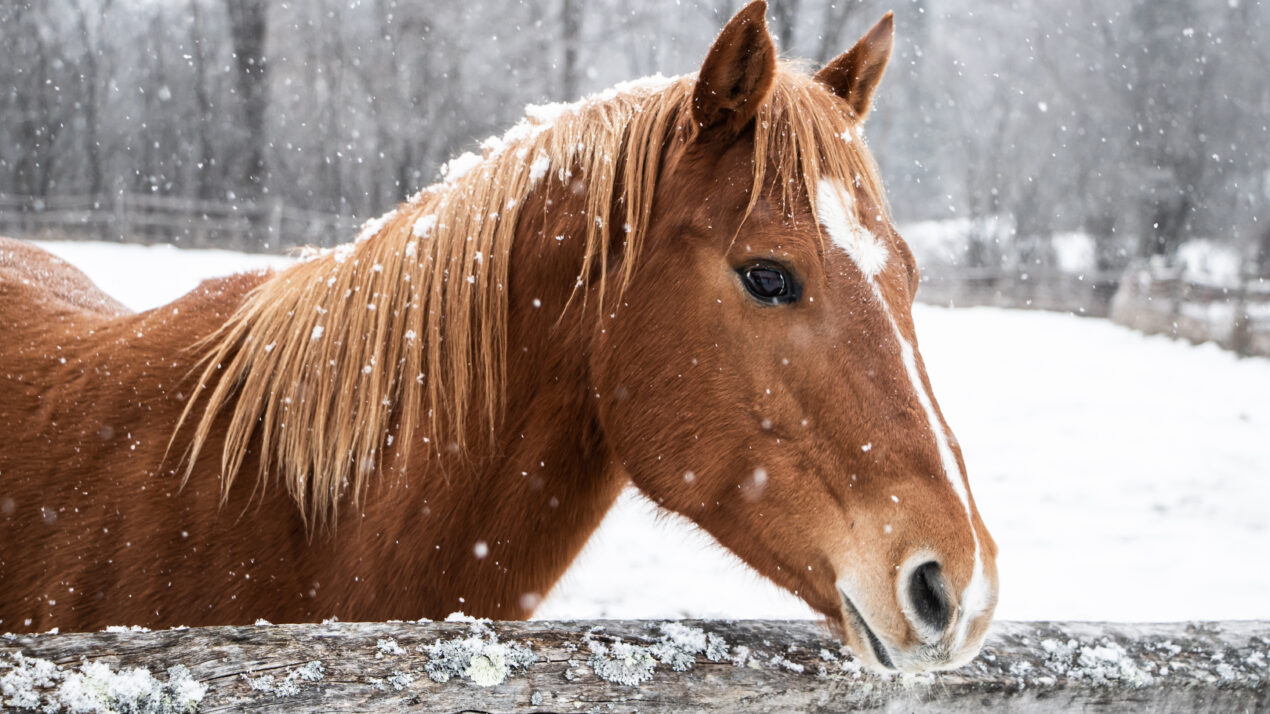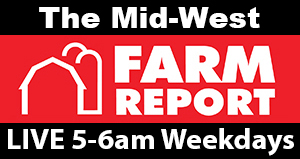
Rain, sleet, snow, mud, and ice can be a MESS! It’s not easy taking care of animals outside in the cold, especially in Wisconsin winters. Some horses do well on their own with a little extra hair, food, and shelter while others may not. Dr. Howard Ketover, veterinarian at Irongate Equine Clinic, says there’s several things to consider when it comes to caring for your horses in the winter.
He says, “Maintaining access to clean, warm water is very important. Horses tend to drink best when the water temperature ranges between 85 and 65 degrees Fahrenheit.”
Utilizing heaters to maintain appropriate water temperatures reduces the risk of decreased water consumption. This can lead to potential medical issues. Additionally, rather than increasing grain during colder months, having constant access to high-quality forage, particularly hay, is advised.
While hooves may grow slower in winter, it’s essential to maintain regular trimming. Ketover advises that horse owners should avoid removing shoes abruptly in freezing temperatures, as this can cause discomfort.
Similarly to a toddler causing mischief, horses can also get into some trouble when they get bored.
“A lack of exercise and boredom can lead to destructive behaviors in horses during winter,” says Ketover. “Encouraging movement, providing mental stimulation through toys like the jolly ball, slow feeding devices, or spending quality time with the horses aids in keeping them mentally engaged.”
When it comes to common diseases, he says that many of the respiratory issues he sees aren’t caused because of the cold, but rather due to poor ventilation. He adds that horse owners should watch out for signs of colic and treat their horses for common diseases such as strangles and equine anaplasmosis.
“Horse owners should monitor their horses closely, recognizing any changes from normal behavior and seek veterinary advice if concerned. It’s better to ask early than wait for an illness to get worse.”

Leave a Reply